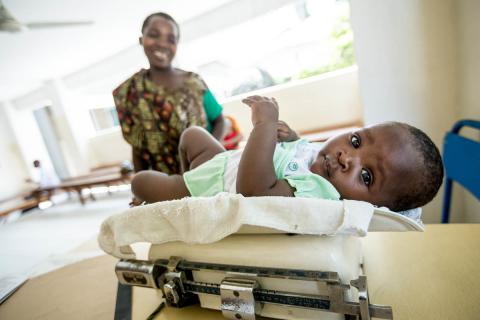
Renson Mwakandana
Over the last ten years, healthy life expectancy increased in Africa at the greatest rate worldwide. However, the improvements made are seriously threatened by the absence of sustainable funding for health systems.
Between 2000 and 2019, Africa saw the largest rise in the number of years a person is in a good condition of health. According to a World Health Organization (WHO) report, healthy life expectancy has grown by 10 years per person on average.
The number of years that a person would be in a good state of health has climbed to 56 in 2019 from 46 in 2000, according to the Tracking Universal Health Coverage in the WHO African Region 2022 report.
Global healthy life expectancy improved by only five years over this period, which is still much behind the average of 64 countries throughout the world.
WHO officials and other invited specialists held a press conference on Thursday to launch the report. the 47 sub-Saharan nations that make up the WHO’s Africa Region continue to face significant challenges concerning sustainable finance, with all but seven of them relying on external donors for more than 50% of the expenses of providing health services.
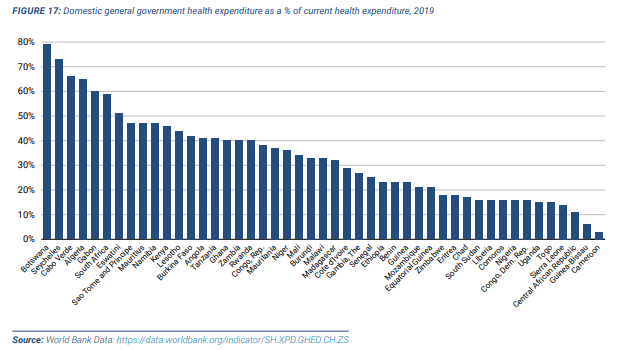
According to the research, the majority of African countries only fund less than half of their national health expenditures. The only countries that fund more than half of their national health budgets are Algeria, Botswana, Cabo Verde, Eswatini, Gabon, Seychelles, and South Africa.
The advances over the last ten years might be attributable to several causes, including the increasing provision of basic health services for reproductive, maternal, neonatal, and child health. Progress in the battle against infectious illnesses, particularly the quick scaling up of HIV, TB, and malaria control measures starting in 2005, is another factor.
According to Dr. Matshidiso Moeti, WHO Regional Director for Africa, he stated that: “The sharp rise in healthy life expectancy during the past two decades is a testament to the region’s drive for improved health and well-being of the population.”
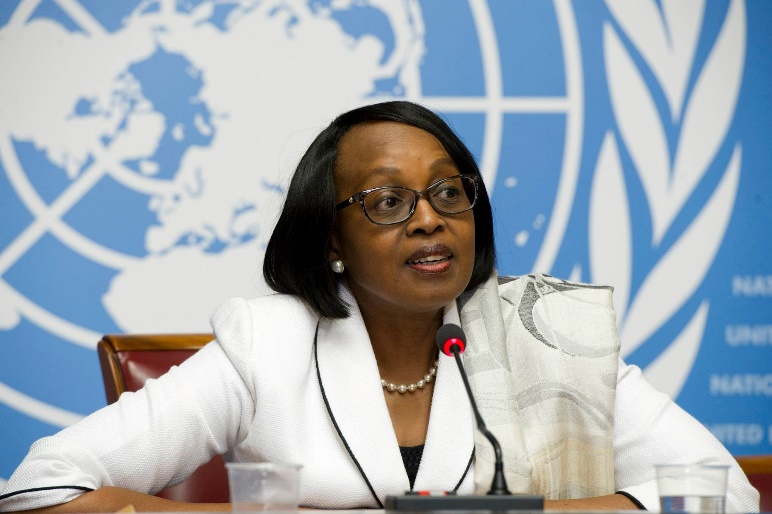
She added that it was an indication that more people are living longer, healthier lives with fewer infectious disease dangers and greater access to healthcare and disease prevention programs, though development must continue.
In keeping with a Service Coverage Index, the research claims that Universal Health Coverage (UHC) in the region improved by an average of 22 points on a scale of 0 to 100, climbing to 46 in 2019 from 24 in 2000. All Member States’ SCIs varied from 28 to 75 (out of 100).
Seven of them (with an index of 60 or more) had strong service coverage, 29 had an index of 40 to 59, and 12 had low service coverage (index between 20 and 39). Despite several nations’ SCI ratings still being low, none of the countries had a value below 20.
The subregions of Southern and Northern Africa reported the highest values (75 and 53 respectively). The Eastern African subregion (24 index points) saw the most substantial development between 2000 and 2019, followed by the Western and Southern African subregions (23 index points). The scale evaluates 14 UHC indicators, including those for non-communicable illnesses, infectious diseases, and reproductive, maternal, and child health.
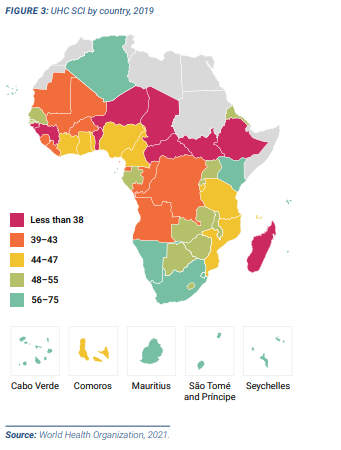
Despite being significant, this development falls short of the SDG 3.8.1 global goal, which calls for at least 80% coverage of basic healthcare services by 2030, the research says.
The COVID-19 pandemic’s effects might also threaten the advancement of healthy life expectancy, the WHO and other scientists present at the briefing said. Since the data in the study expires in 2019, the COVID years were not included in the data.
Restoration efforts for pandemic-affected essential services have been made in most African countries. However, governments need to increase service self-financing in order to unshackle their nations away from a dependency on foreign donors and maintain long-term viability.
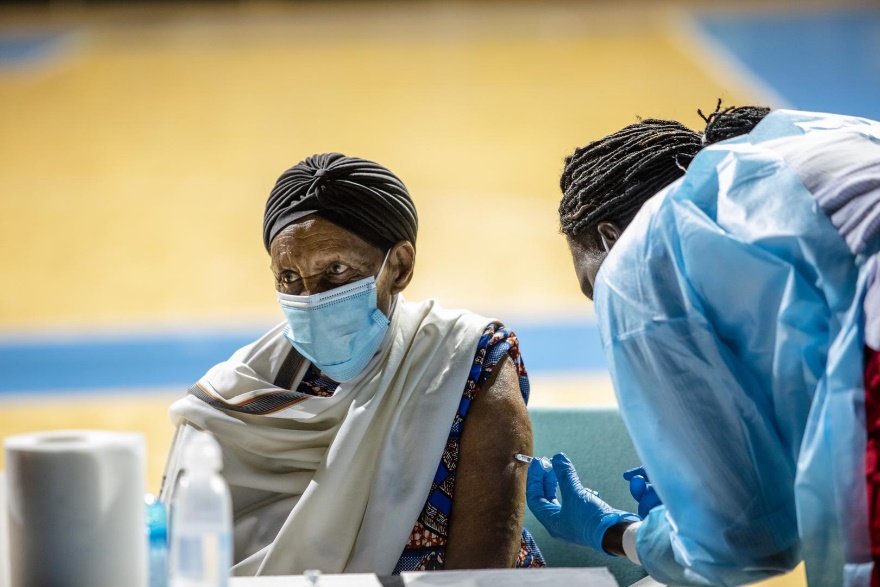
“COVID-19 has shown how investing in health is critical to a country’s security. The better Africa can cope with pandemics and other health threats, the more our people and economies thrive. I urge governments to invest in health and be ready to tackle head on the next pathogen to come bearing down on us,” stated Dr. Moeti.
The mean life expectancy worldwide according to WHO by 2020 was 72.24 which meant 78.99 in Europe, 76.23 in North America, 74.40 in Latin America and the Caribbean, 74.24 in Oceania 73.26 in Asia, and 61.14 in Africa.
Life expectancy is still profoundly affected by income and this results in Africa being the lowest in comparison to other world regions despite the significant improvement.




